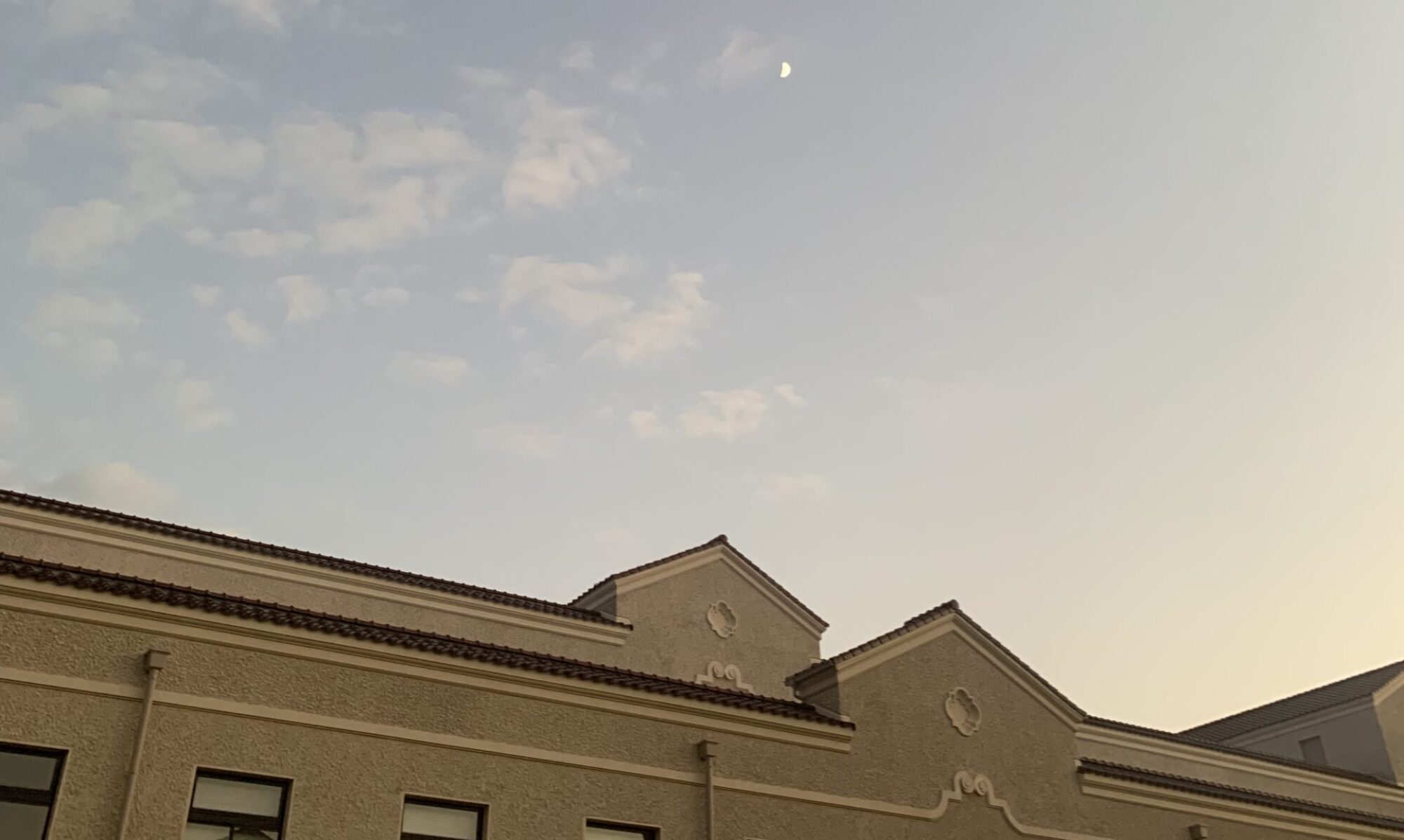
Q1. What are the features of Konishi seminar?
Instead of being led by teachers, seminar students are the main actors and everyone has a role and is conscious of activities that allow them to make use of their respective fields of expertise. For this reason, we select students with diverse interests and experiences as much as possible, and try to create an atmosphere where each student can stimulate and help each other. Is it a feature of Konishi seminar that seminar students are very close to each other? In addition, I would like to teach everyone in various forms of domestic and overseas human resource development experience from a long-term perspective, taking a career as part of the life cycle of life rather than a short-term perspective. In addition, we place emphasis on outputting the knowledge and experiences we have learned as results. We actively cooperate as a seminar in international understanding education activities that our faculty is currently focusing on.
Q2. What kind of students do you look for as a seminar student?
Students who are interested in various activities other than their own interests. Students who have a sense of responsibility and can contribute to seminar activities. Students who actively interact with teachers and seminar students and value teamwork.
Q3. How much English is needed? Is English a selection criterion?
The seminar actively uses English literature and materials as teaching materials, and also provides presentations in English, so a certain level of English is required, but if you are willing to improve your English, it’s fine to use English without little difficulties. I think English is just a tool. There are various things that are necessary as skills (knowledge) expected of members of society, such as problem awareness, creativity, flexibility, logical thinking, teamwork, judgment ability, etc. English ability is an effective tool among them It means that there is something you need. You can improve your English skills as much as you like, and if you want to use English frequently in the seminar, I think that you should simply receive a seminar by a foreign teacher, so for Konishi seminars, There is no problem as long as it is intermediate level that reading and writing is somewhat smooth. Therefore, study abroad experience and simply English test scores are not used as criteria for selection.
Q4. What kind of seminar activities are you involved in?
Please refer to the undergraduate syllabus “Research Exercise I” for basic seminar contents. Konishi seminar is actively involved in various activities, and the results are transmitted in both Japanese and English in various forms. There are newsletters and field activity reports sent to the world on the HP, and the voices of students are also posted on the undergraduate blog.
Q5. What are the research themes for the seminar students and the themes for the graduation thesis?
It is published on Konishi seminar HP.
Q6. How is the guidance of the thesis conducted?
Basically, guidance is also provided by individual guidance according to the subject of interest. At Konishi seminar, it is important to conduct field surveys such as questionnaires and interviews, and to reflect the actual problem in the thesis by listening to voices from the field directly using your body. The seminar students share knowledge (how to write basic papers, field survey methods, etc.) in seminars, but basically guidance is also given by individual guidance according to the topic of interest. Several times a year, you will have research themes and interim presentations in seminars. The advice and comments you get from your classmates are useful for creating a quality paper. The number of students who go on to graduate school every year is increasing. Those who wish to go on to higher education will be instructed separately. For those who wish to go on to graduate school overseas in the future, we will also support the writing of papers in English.
Q7. Can it be considered as a seminar that is advantageous for employment? Is there any guidance for job hunting?
I see my career as a part of my long life, so I teach my students to think about their career choices and careers from a long-term perspective. So, where you find a job is not the goal of the person, but the start of a long career, it doesn’t matter where you get a job. Rather, it is important for each seminar student to make a long career after graduation through trial and error on their own, so the knowledge and skills necessary to form with their own power in the future are our seminar cover as much as possible. Individual course consultations are always provided individually.
Q8. Will seminars focus on development assistance and developing country issues? I would like to become an international civil servant in the future. Can you give guidance in the seminar?
International civil servants do not hire new graduates. (Because you need at least a master’s degree plus several years of professional work experience, it should be considered the ultimate goal in a long-term career) The seminar does not deal with field of specialize international civil servant, but I will advice personal problem. The seminar does not mainly deal with the role and activities of international organizations, foreign policy, and developing country issues. However, it is true that many seminar students are actually interested in this field. International issues, Japanese foreign policy, etc. are necessary knowledge not only for development fields but also for working people, so I would like to provide various opportunities and information.
Q9. While I am studying, I am thinking of participating in study abroad and international contribution activities. Can I apply for a seminar?
Of course, it doesn’t matter, but if you’re overseas, people who can’t contribute to the seminar are in trouble. Be aware of the balance between your individual career plan and your academic work, including seminars, and remember to acquire the skills you need in the future, such as prioritization and self-management skills. Konishi seminar students value their connections as seminar students even around the world. Students who think only about their own career are not suitable for Konishi seminar.

